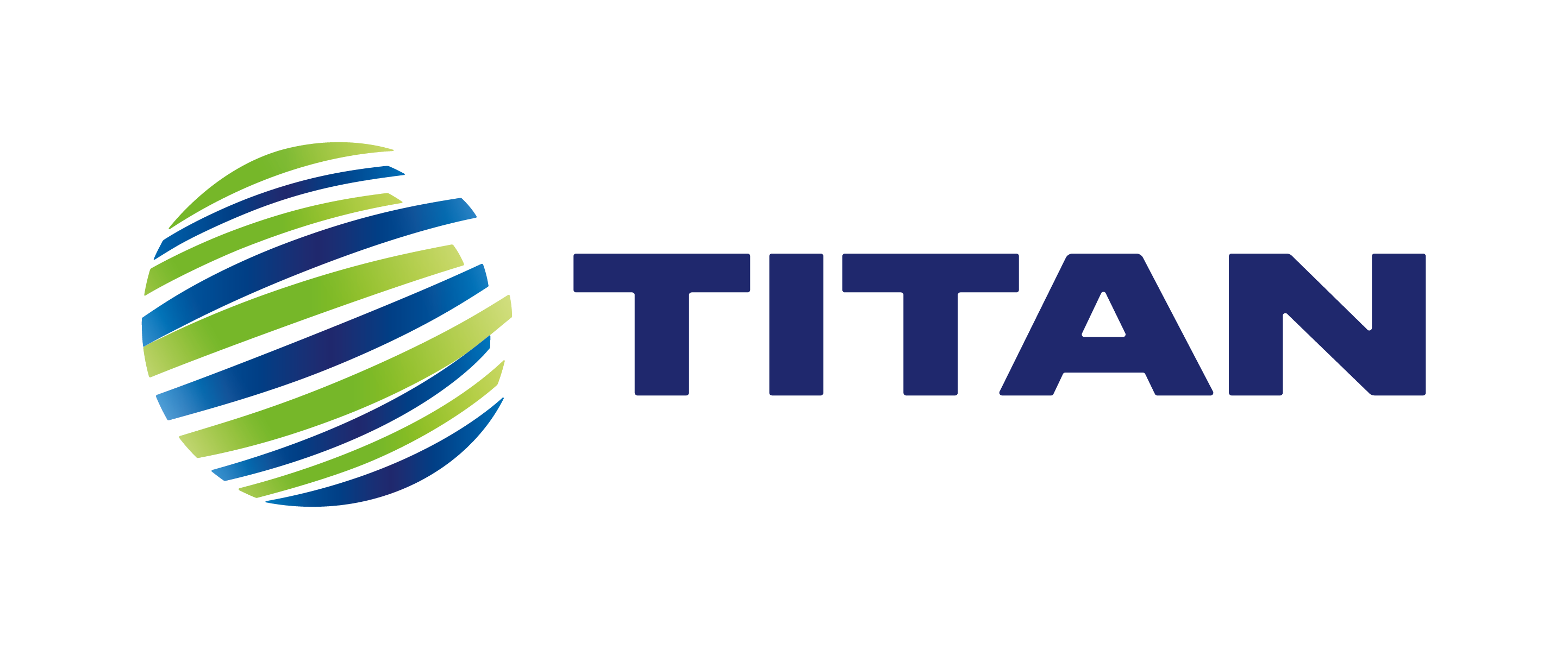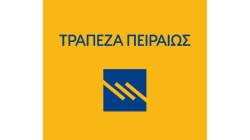In the context of our 10 year anniversary, we at CSR HELLAS organized a conference with the name “Social Entrepreneurship – Thessaloniki 2010 – The Role of Small and Medium-sized Enterprises” in October 2010, with the support of the Federation of Industries of Northern Greece (FING), the Thessaloniki Chamber of Commerce and Industry and the Macedonian branch of the Hellenic Management Association.

Our goal through the conference was the comprehension on the part of small and medium-sized enterprises (SMEs) of the concept of CSR and of the catalytic role that they themselves can play for sustainable development and responsible entrepreneurship. At the same time, local SMEs were given the chance to present real corporate activities and experiences through an open dialogue with the audience. More than 150 individuals, that is business executives, particularly from SMEs, academics, members of new entrepreneur associations, and public administration and public organization executives, attended the event.
The event was divided into 3 sections.
In the first part, the speeches focused on the European prospects of CSR, the possibilities of funding SMEs through NSRF for reinforcing the incorporation of CSR into their everyday operations, the capacity of SMEs to contribute to sustainable development and the role of collective corporate representation bodies such as FING for sustainable development in the context of the Europe 2020 strategy in the area of Northern Greece.
The second part was dedicated to the presentation of UN initiatives and tools for supporting SMEs through the Global Compact and its 10 Principles, as well as the presentation of tools that we at CSR HELLAS have created for supporting SMEs. Additionally, the way by which responsible cooperation between customers and suppliers can take place was demonstrated, as well as the results of the research regarding responsible consumption.
In the third part, businesses presented their own philosophies and the CSR actions that they implemented, while they also referred to the difficulties they confronted during their implementation as well as the benefits they gained as a result.












